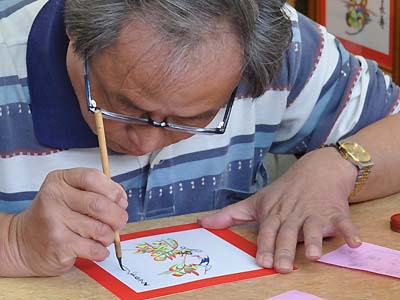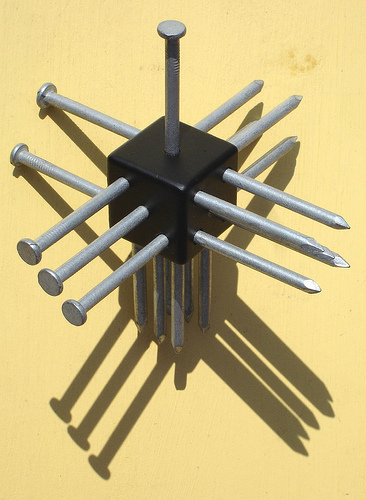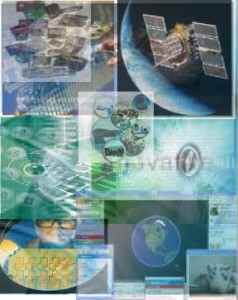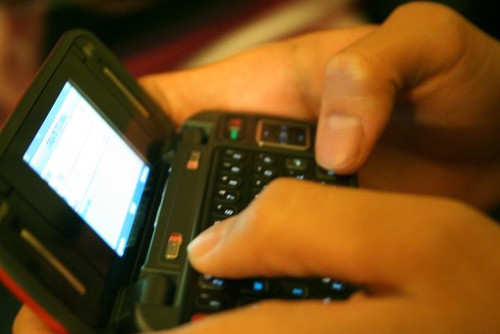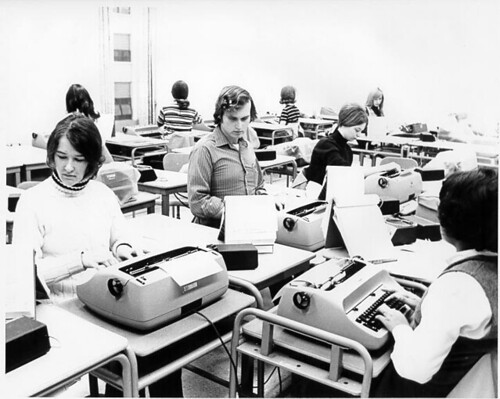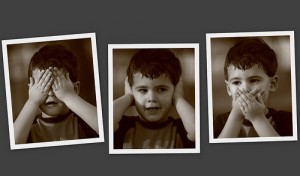
Why this picture you ask? I guess it’s because I feel this proverb epitomizes the changing nature of text and technology and the fact that it’s not something we can or should ignore.
I want to begin by saying that it’s taking a while for me to get use to using this type of forum. As day passes, I believe I’m getting a little better at navigating and contributing to our weblog. I must say I was a little skeptical at first, perhaps because I’m more ‘old school’ and more comfortable using older technologies. That being said, I’m always up for a challenge and this certainly seems to be pushing me to the max. It helps knowing that I’m not the only one that’s struggling on the technology side of things. The bottom line is that I’m learning plenty of new and interesting things.
I was surprised to learn in Module 1 that there were so many different definitions for text and technology and that these terms are used in so many different contexts. I’m used to be surrounded by books but in more recent years, I find myself spending more time working from a computer. I’m not a gamer but I can see the attraction. I think the internet is a wonderful thing and I use it for many reasons, everything from communicating to family and friends, to finding out information on just about anything. I believe that, as a technology, the internet is responsible for transforming the way we see and use text. I don’t know if that’s a good thing or a bad thing.
After I listened to O’Donnell’s From Papyrus to Cyberspace and reviewed the discussion postings on the text and technology, I couldn’t help but wonder what lies ahead. I think it might be interesting to listen to what people are prophesying about today, particularly with respect to where they believe the technology is expected to go but also about how they think it will alter the way we view text. Based on the Papyrus to Cyberspace experience, we shouldn’t be surprised to learn that some of what is said will come to pass. We should also expect the unexpected as it is almost impossible to predict with certainly, just how things will unfold. As with most things in life, what we think will happen and what actually happened are usually two different things.
If I could rewrite my first impressions on text and technology I suspect the entries would quite different than what they are now. I can’t say I would have changed what I wrote previously. Instead, I would probably have expanded it to include all the other things I hadn’t thought of previously or hadn’t known until now. Perhaps it would be worthwhile to reflect on these two terms again, towards the end of the course.
Bruce
